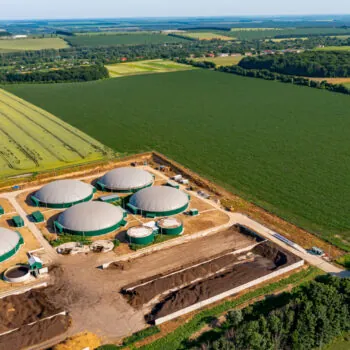The recently agreed Clean Energy for all Europeans Package does not mark the end of the policy journey if the EU is to deliver a deeply decarbonised energy system as required by the Paris climate agreement. Member states, businesses and individuals will all need to make some hard choices – nobody expects it to be easy and significant progress will be required over the next decade. The European Commission has a critical role to play in supporting member states and European citizens on this journey. It must take the opportunity to build on the Clean Energy Package by committing to set out a Vision 2030 for the rules and regulations that will govern the future energy system. This would describe the delivery mechanisms that will ensure progress can be sustained through 2030 and beyond towards the goal of deep decarbonisation.
This briefing proposes three priority areas for action. Firstly, there is the need to create the institutional structures that can support member states to overcome the challenges involved. A Clean Economy Observatory should be established with the objective of monitoring progress and learning from best practices, both across the EU and beyond, to advise member states on the opportunities available to improve their decarbonisation strategies. It would create a centre of expertise available to inform the policy actions that may be required on the journey towards deep decarbonisation.
There are already two areas where significant political obstacles to change are emerging. There is increasing evidence that economic incentives alone are not capable of triggering changes in consumer behaviour on the scale that is required without generating significant social equity concerns. There is the need to step back from the detail and undertake a broad review of the energy system from the perspective of current and future energy consumers. This review should identify the changes necessary to ensure that the energy transition is a mechanism to improve the lives of citizens. Without such changes, the energy transition is doomed to failure.
One lesson from the Clean Energy Package is that member state governments are still not prepared to embrace large-scale trading of electricity across the continent that is managed at a regional or European level. And yet, the costs savings involved suggest that the future prosperity of European citizens is only possible in a deeply decarbonised future when such trading occurs. Moreover, the move towards decentralisation suggests that security of energy supply will increasingly depend on the dynamic operation of local grid networks. A new governance structure must be established to support the creation of a ‘super-flex’ EU energy system that commands the support of member state governments and allows them to embrace the new security of supply paradigm.
Read the full briefing, EU Energy System Transformation, here.


